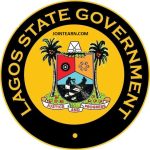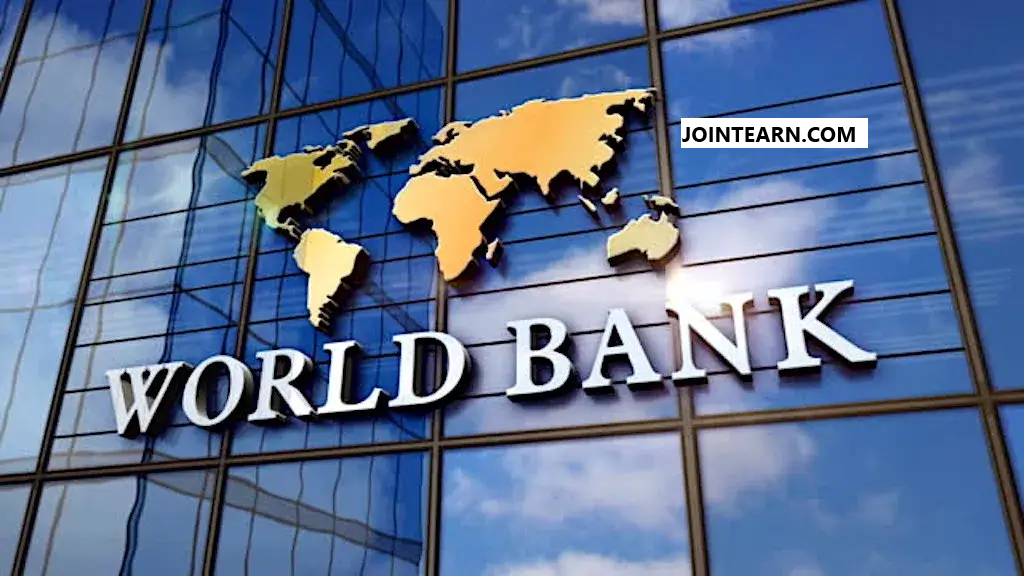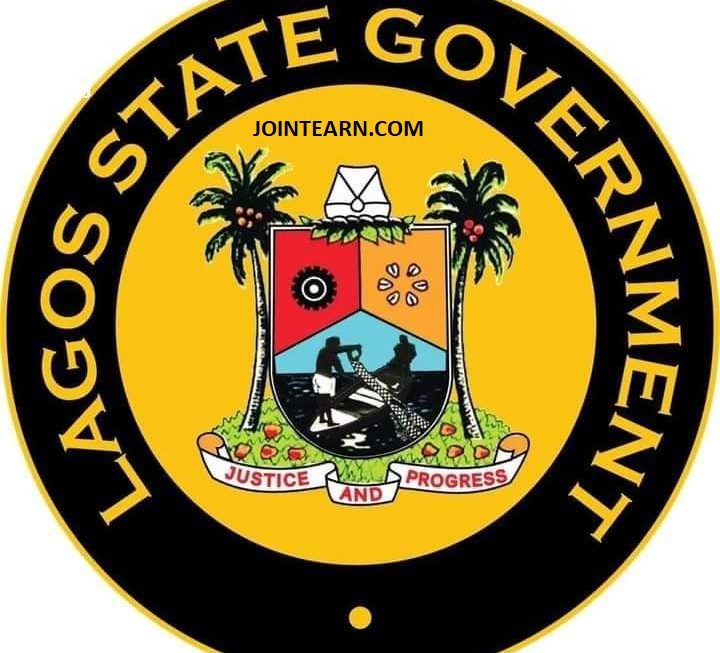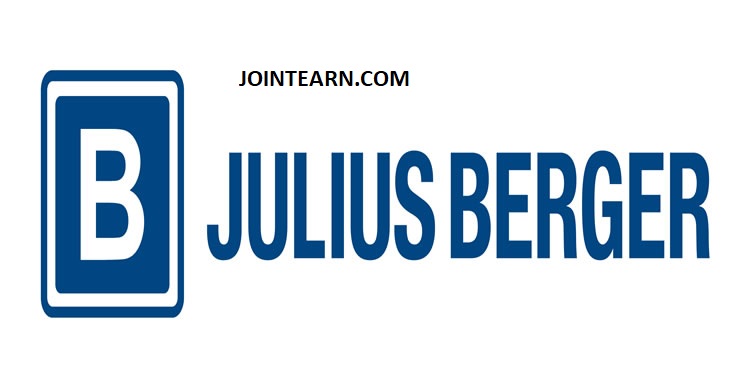Nigeria is set to receive a fresh $2.2 billion loan from the World Bank as part of ongoing efforts to support economic reforms and stabilize the country’s economy, according to reports.
Loan Agreement
The loan facility is expected to be disbursed in tranches and will focus on key sectors such as infrastructure, education, and social welfare programs. The World Bank reportedly approved the financial package to help Nigeria address critical economic challenges, including inflation, poverty alleviation, and power sector reforms.
A senior government official, who spoke on condition of anonymity, confirmed that the federal government has finalized discussions with the World Bank and is awaiting formal approval of the loan agreement.
“The loan will provide much-needed support for ongoing economic reforms and help cushion the effects of recent policy changes on vulnerable Nigerians,” the official stated.
Economic Challenges
Nigeria has been grappling with economic difficulties, including rising inflation, foreign exchange shortages, and a high unemployment rate. The federal government has implemented various reforms, such as the removal of fuel subsidies and foreign exchange unification, to stabilize the economy and attract foreign investments.
However, these measures have led to a spike in the cost of living, prompting calls for increased social intervention programs to mitigate the impact on low-income households.
Government’s Justification
The Minister of Finance, Wale Edun, has defended the government’s decision to seek the loan, stating that the funds will be used to implement critical projects aimed at improving the standard of living for Nigerians.
“The loan will enable us to invest in infrastructure, education, and social programs that will create jobs and improve the quality of life for our citizens. We are committed to ensuring that the funds are used transparently and effectively,” Edun said.
Public Reactions
The announcement of the loan has sparked mixed reactions among Nigerians. While some have welcomed the financial support as a necessary step to revive the economy, others have expressed concerns over the country’s rising debt profile.
Economic analyst, Dr. Bola Adebayo, warned that the government must ensure the loan is used for its intended purposes and not diverted for other interests.
“Nigeria’s debt burden is already high, and any new loan must be tied to projects that will generate revenue and improve the economy in the long term,” Adebayo said.
Transparency and Accountability
Civil society organizations have called on the government to adopt transparent processes in managing the loan and ensure that the funds are used for projects that directly benefit the people.
The Socio-Economic Rights and Accountability Project (SERAP) urged the government to publish details of the loan agreement and provide regular updates on how the funds are being utilized.
“Nigerians deserve to know how public funds are being managed. The government must demonstrate a commitment to transparency and accountability in the disbursement of this loan,” SERAP said in a statement.
Conclusion
As Nigeria awaits the formal disbursement of the $2.2 billion loan, many citizens are hopeful that the funds will be used to address pressing economic challenges and improve the standard of living. The government’s ability to manage the loan effectively will play a crucial role in restoring public confidence and driving sustainable economic growth.












